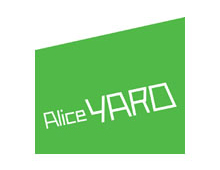Literary LIFE
John Hearne teaching English history at a private school in Jamaica, March 1958; photo by Grey Villet, from the LIFE archive
Some Antilles readers may have heard the news that Google recently posted the image archive of LIFE magazine online--millions of photos, they say, most never actually published, and now fully searchable here.
Your Antilles blogger decided to poke around a bit and see what kinds of images of the Caribbean might be found in the archive. Lots of tropical landscapes and photos of smiling tourists, inevitably, but some nice surprises also. Such as the photo above, of the Jamaican writer John Hearne (here's another.) A 1994 portrait of V.S. Naipaul. A rotund Albert Gomes politicking in the 1950s. A calypso tent in Trinidad in 1941. Wifredo Lam sitting at his easel in 1946....
If you spot any other good ones, dear readers, tell us in the comments below.









